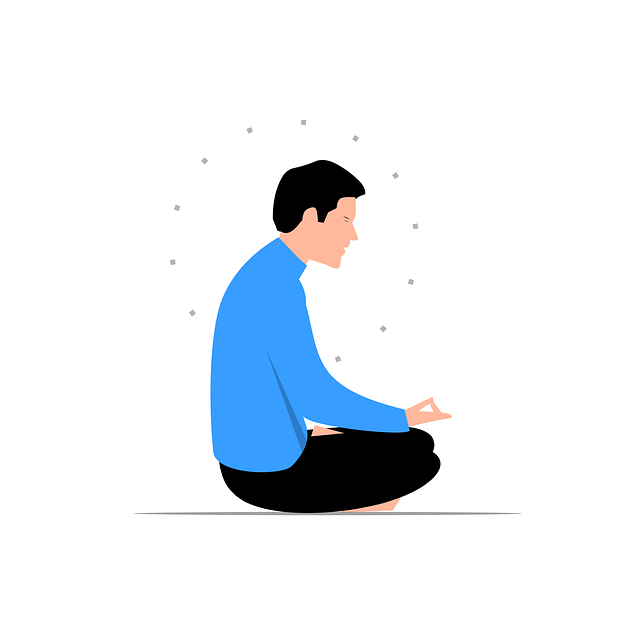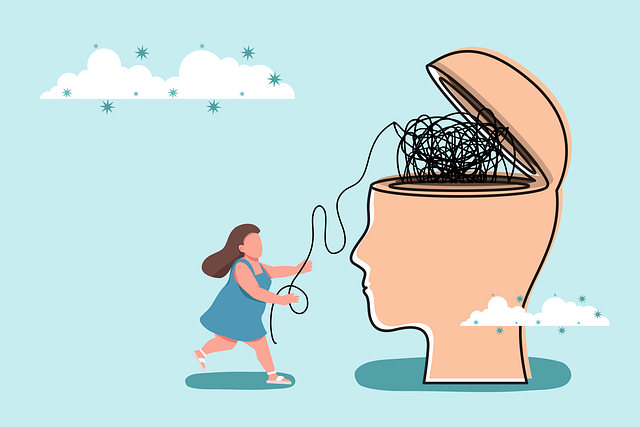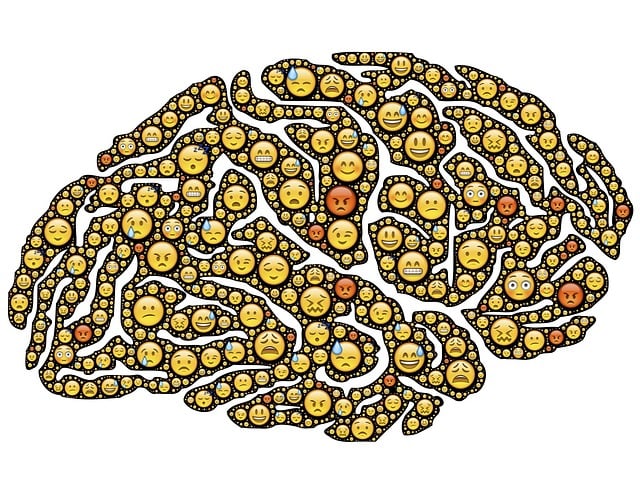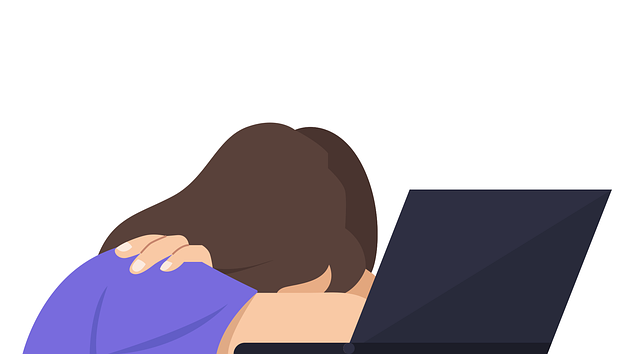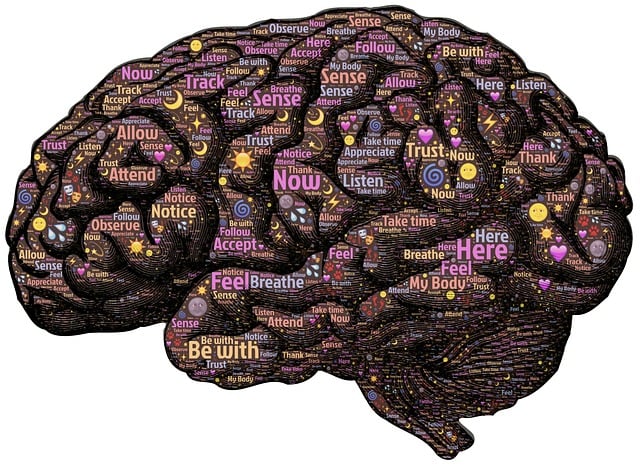Chronic stress, a major contributor to mental health issues, triggers detachment from reality as seen in Superior Dissociative Disorder (SDD). To combat this, Superior Dissociative Disorder Therapy (SDDT) leverages dissociation, mindfulness meditation, and cultural sensitivity. By promoting emotional healing and safe detachment from distressing situations, SDDT fosters resilience, reduces stress, anxiety, and depression, ultimately enhancing overall mental well-being. Integrating SDDT techniques into daily routines offers long-lasting relief, empowering individuals to effectively manage challenges and maintain psychological balance.
Stress management is a vital skill in today’s fast-paced world. This article explores effective strategies to combat stress, focusing on the unique approach of Superior Dissociative Disorder Therapy (SDDT). We’ll delve into the science behind stress and its mental health implications, offering an insightful introduction to SDDT as a powerful tool. Subsequently, we’ll uncover practical techniques and provide guidance on seamlessly integrating SDDT into daily life for lasting stress relief.
- Understanding Stress and Its Impact on Mental Health
- Introduction to Superior Dissociative Disorder Therapy (SDDT)
- Practical Techniques for Effective Stress Management
- Integrating SDDT into Everyday Life for Long-Lasting Relief
Understanding Stress and Its Impact on Mental Health

Stress is a natural response to demanding or threatening situations, but when it becomes chronic, it can significantly impact mental health. It affects our emotional and cognitive abilities, leading to increased anxiety, irritability, and difficulty concentrating. Prolonged stress can even contribute to more severe conditions like Superior Dissociative Disorder (SDD), characterized by a disconnection from reality and personal experiences.
Understanding the body’s stress response is crucial in developing effective coping mechanisms. Compassion cultivation practices and emotional healing processes play a pivotal role in managing stress. By fostering self-compassion, individuals can reduce the negative impact of stressful events, prevent depression, and promote overall well-being. These techniques encourage mindfulness, helping one to recognize and accept emotions without judgment, ultimately leading to better stress management.
Introduction to Superior Dissociative Disorder Therapy (SDDT)

Superior Dissociative Disorder Therapy (SDDT) offers a novel and effective approach to managing stress and promoting mental wellness. This therapeutic technique leverages the power of dissociation—a natural psychological process where an individual feels detached from their thoughts, feelings, or surroundings—to create a safe space for exploration and healing. SDDT differs from traditional therapies by emphasizing the role of mindfulness meditation in guiding individuals through their dissociative experiences.
By cultivating cultural sensitivity in mental healthcare practice, SDDT ensures that therapeutic interventions are tailored to meet the unique needs of diverse populations. This inclusive approach not only enhances the effectiveness of treatment but also fosters a deeper sense of understanding and connection between therapists and clients. Mindfulness meditation serves as a cornerstone, enabling individuals to observe their dissociative episodes with detachment, reducing their impact on overall mental wellness, and ultimately leading to more balanced and resilient psychological states.
Practical Techniques for Effective Stress Management

Stress management is a vital component of maintaining good mental health and overall well-being. Teaching effective techniques can empower individuals to tackle daily stressors and foster resilience. One such powerful tool is dissociation, which allows individuals to detach from stressful situations, providing a sense of perspective and calm. This technique, often utilized in Superior Dissociative Disorder Therapy (SDDT), enables people to create mental spaces where they can safely process and release tension. By learning to dissociate, individuals gain an additional layer of protection against overwhelming stress.
Building resilience goes hand in hand with stress management. Encouraging students to identify their personal coping mechanisms and fostering a growth mindset can significantly enhance their ability to navigate challenging situations. Mental health awareness plays a crucial role here, as it encourages open conversations about stress triggers and healthy ways to respond to them. Moreover, confidence boosting exercises can help individuals recognize their strengths, enabling them to face stressors with renewed determination and self-belief.
Integrating SDDT into Everyday Life for Long-Lasting Relief

Integrating Superior Dissociative Disorder Therapy (SDDT) into your everyday routine can lead to long-lasting stress and anxiety relief, fostering mental wellness. SDDT encourages individuals to develop a deeper understanding of their emotional healing processes, allowing them to detach from distressing thoughts and feelings. This therapeutic approach empowers people to create healthy coping mechanisms that are adaptable and effective in managing various stressors.
By consistently applying SDDT techniques, such as mindfulness exercises, meditation, and cognitive reframing, individuals can enhance their ability to navigate challenging situations with resilience. These practices enable one to recognize and accept difficult emotions without getting overwhelmed, thereby promoting emotional balance and overall mental wellness.
Stress management is a vital aspect of maintaining mental health, and exploring innovative therapies like Superior Dissociative Disorder Therapy (SDDT) offers promising results. By combining practical techniques with integrated approaches, individuals can effectively navigate stress and achieve long-lasting relief. SDDT provides a unique perspective on managing stress by fostering dissociative skills, enabling folks to detach from stressful triggers and promote mental resilience. Embracing these strategies allows for a more balanced approach to life, ensuring that stress no longer holds us back.



